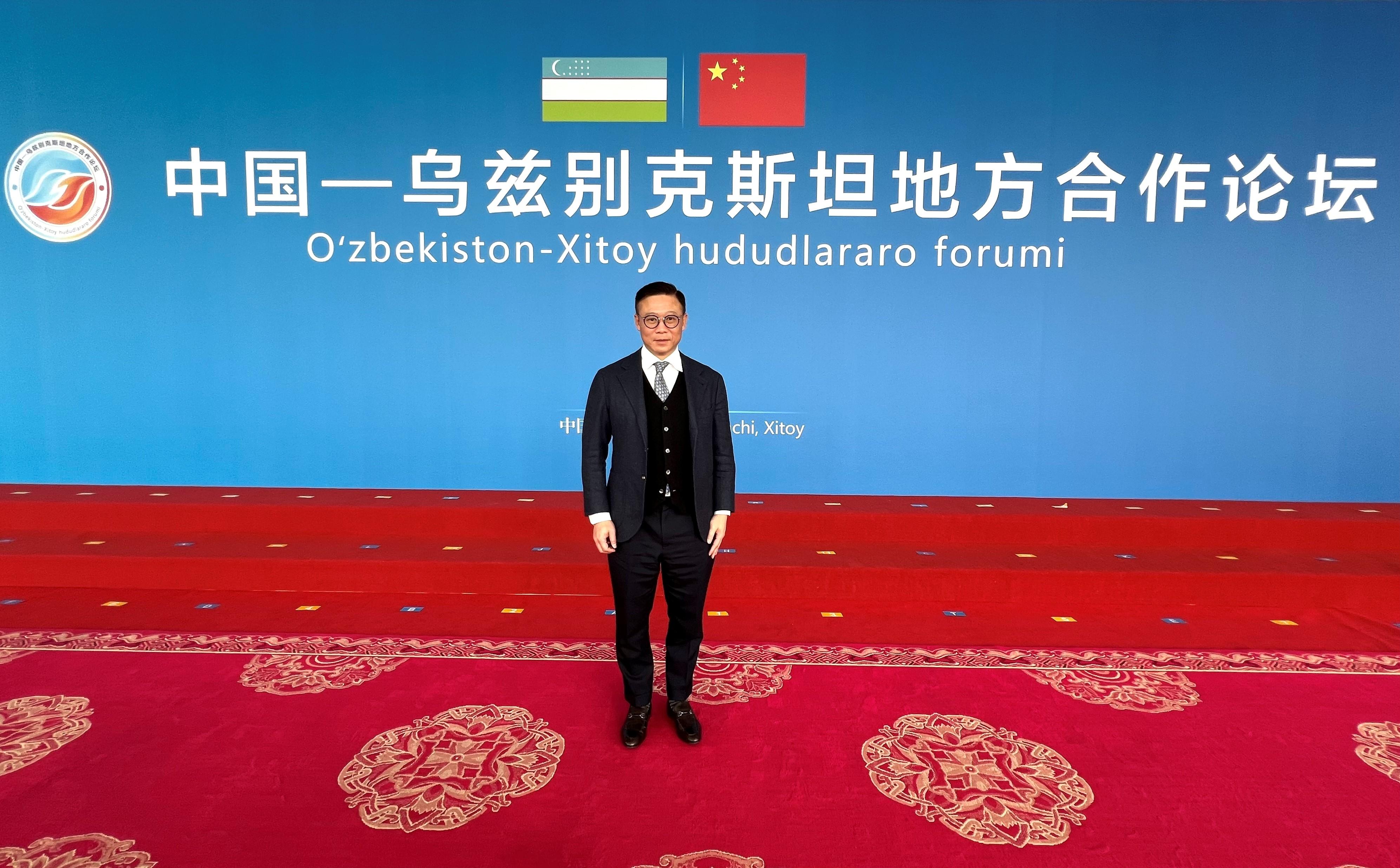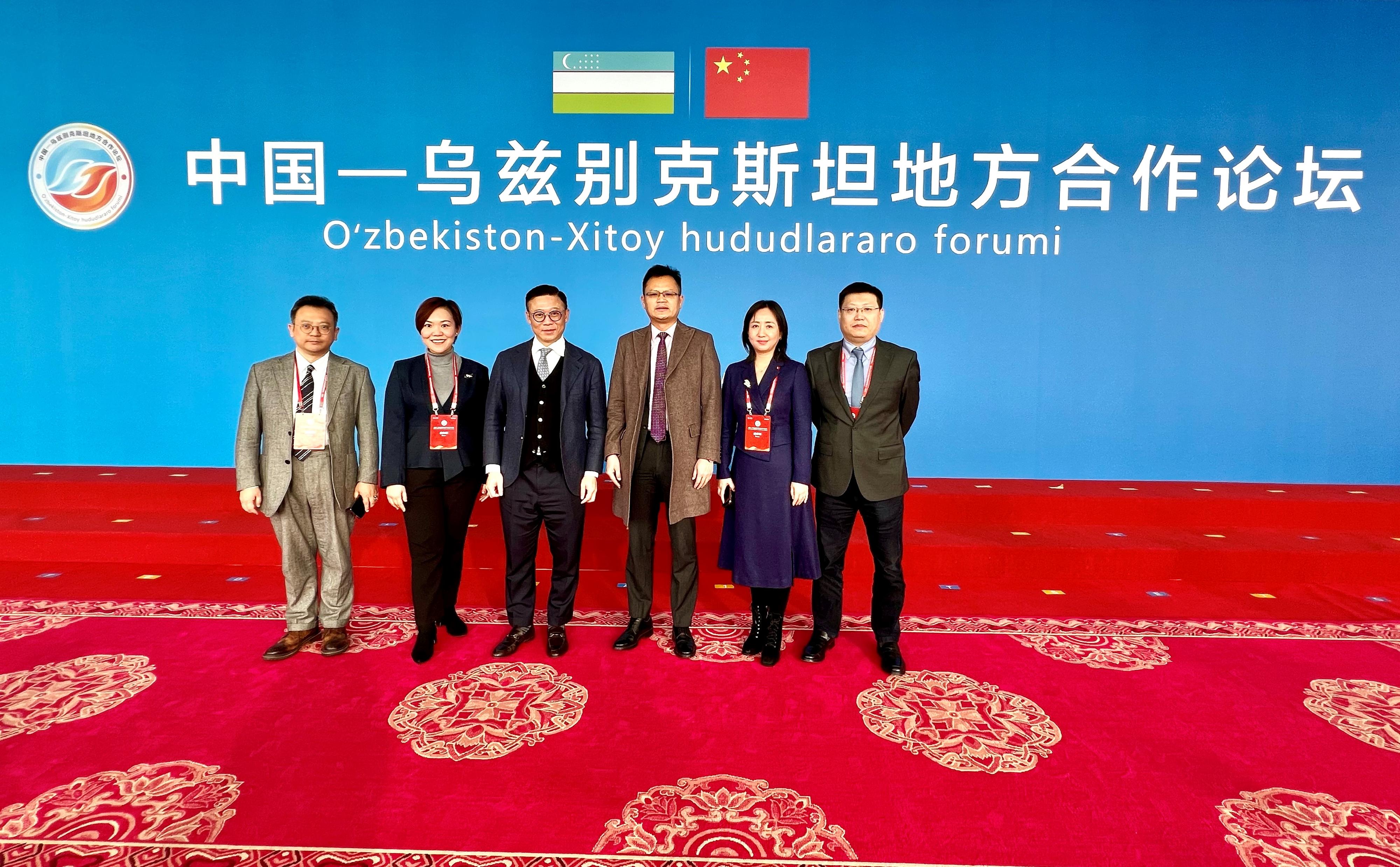The Census and Statistics Department (C&SD) released today (January 22) the Consumer Price Index (CPI) figures for December 2023. According to the Composite CPI, overall consumer prices rose by 2.4% in December 2023 over the same month a year earlier, smaller than the corresponding increase (2.6%) in November 2023. Netting out the effects of all Government's one-off relief measures, the year-on-year rate of increase in the Composite CPI (i.e. the underlying inflation rate) in December 2023 was 1.4%, also smaller than that in November 2023 (1.6%). The smaller increase was mainly due to the decreases in the prices of fresh vegetables as well as the larger decreases in electricity charges.
On a seasonally adjusted basis, the average monthly rate of increase in the Composite CPI for the 3-month period ending December 2023 was 0.4%, the same as that for the 3-month period ending November 2023. Netting out the effects of all Government's one-off relief measures, the corresponding rates of increase were both 0.1%.
Analysed by sub-index, the year-on-year rates of increase in the CPI(A), CPI(B) and CPI(C) were 2.7%, 2.2% and 2.3% respectively in December 2023, as compared to 3.0%, 2.4% and 2.4% respectively in November 2023. Netting out the effects of all Government's one-off relief measures, the year-on-year rates of increase in the CPI(A), CPI(B) and CPI(C) were 1.1%, 1.4% and 1.8% respectively in December 2023, as compared to 1.4%, 1.6% and 1.9% respectively in November 2023.
On a seasonally adjusted basis, for the 3-month period ending December 2023, the average monthly rates of increase in the seasonally adjusted CPI(A), CPI(B) and CPI(C) were 0.5%, 0.3% and 0.3% respectively. The corresponding rates of increase for the 3-month period ending November 2023 were 0.6%, 0.4% and 0.3% respectively. Netting out the effects of all Government's one-off relief measures, the average monthly rates of change in the seasonally adjusted CPI(A), CPI(B) and CPI(C) for the 3-month period ending December 2023 were 0.0%, 0.1% and 0.1% respectively, and the corresponding rates of change for the 3-month period ending November 2023 were 0.1%, 0.1% and 0.2% respectively.
Amongst the various components of the Composite CPI, year-on-year increases in prices were recorded in December 2023 for alcoholic drinks and tobacco (19.2%), clothing and footwear (4.0%), meals out and takeaway food (3.6%), miscellaneous services (3.2%), transport (2.9%), housing (2.8%), miscellaneous goods (2.2%), and basic food (0.1%).
On the other hand, year-on-year decreases in the components of the Composite CPI were recorded in December 2023 for electricity, gas and water (-4.8%), and durable goods (-1.0%).
In the fourth quarter of 2023, the Composite CPI rose by 2.6% over a year earlier, while the CPI(A), CPI(B) and CPI(C) rose by 3.0%, 2.4% and 2.3% respectively. The corresponding increases after netting out the effects of all Government's one-off relief measures were 1.6%, 1.4%, 1.5% and 1.9% respectively.
For 2023 as a whole, the Composite CPI was 2.1% higher than that in the preceding year. The respective increases in the CPI(A), CPI(B) and CPI(C) were 2.3%, 2.0% and 2.0% respectively. The corresponding increases after netting out the effects of all Government's one-off relief measures were 1.7%, 1.7%, 1.6% and 1.8% respectively.
Commentary
A Government spokesman said the underlying consumer price inflation rate remained moderate in December 2023. Prices of meals out and takeaway food, and clothing and footwear continued to see visible increases over a year earlier. Price pressures on other major components remained broadly in check. For 2023 as a whole, the underlying consumer price inflation rate averaged 1.7%.
Looking ahead, overall inflation should stay moderate in the near term. External price pressures should continue to recede. Meanwhile, domestic business cost might face some upward pressures as the economy continues to revive. The Government will continue to monitor the situation.
Further information
The CPIs and year-on-year rates of change at section level for December 2023 are shown in Table 1. The time series on the year-on-year rates of change in the CPIs before and after netting out the effects of all Government's one-off relief measures are shown in Table 2. For discerning the latest trend in consumer prices, it is also useful to look at the changes in the seasonally adjusted CPIs. The time series on the average monthly rates of change during the latest 3 months for the seasonally adjusted CPIs are shown in Table 3. The rates of change in the original and the seasonally adjusted Composite CPI and the underlying inflation rate are presented graphically in Chart 1.
More detailed statistics are given in the "Monthly Report on the Consumer Price Index". Users can browse and download this publication at the website of the C&SD (www.censtatd.gov.hk/en/EIndexbySubject.html?pcode=B1060001&scode=270).
For enquiries about the CPIs, please contact the Consumer Price Index Section of the C&SD (Tel: 3903 7374 or email: cpi@censtatd.gov.hk).


